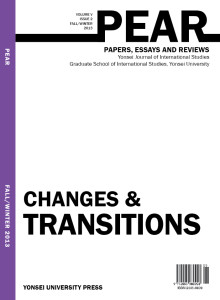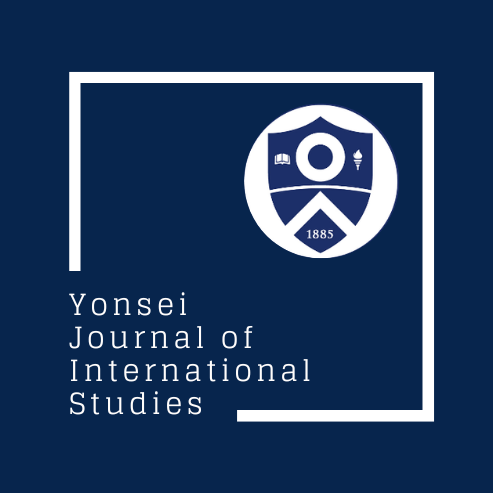
Title: Security through Default and Swift Declassification: Cooperation between the Intelligence Community and the crowd increases accountability, transparency, and resourcefulness
Author: Dylan Coyle
Affiliation: Yonsei University
Issue: Changes & Transitions – Volume 5 Issue 2
Publisher: Yonsei University Press
Download as PDF
The intelligence community’s best resource is the people they are protecting. The lessons learned between from events like the September 11 World Trade Center attack to the 2013 Boston Marathon bombing are that the crowd is wise and creative enough to use the technology and intelligence available to help prevent and recover from manmade and natural crises. Slowing the flow of intelligence to the crowd endangers the lives and freedom of the people which then creates motivation for whistleblowers and leakers to acquire and distribute intelligence themselves. By declassifying most intelligences as a default, and swiftly declassifying old intelligence, the Intelligence Community can maintain critical secrets and preserve privacy while enabling the crowd to analyze and contribute to the body of intelligence to advance international security.
To read more click Page 2 below
